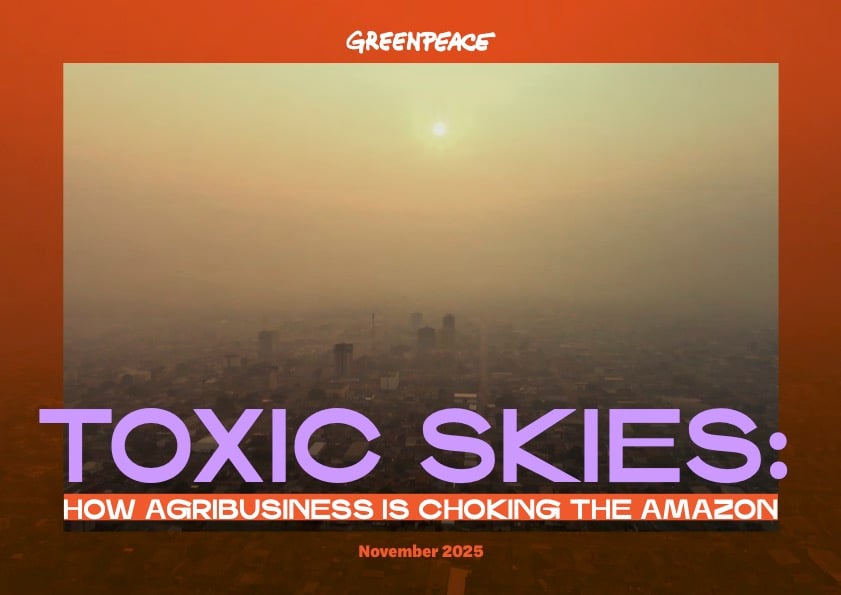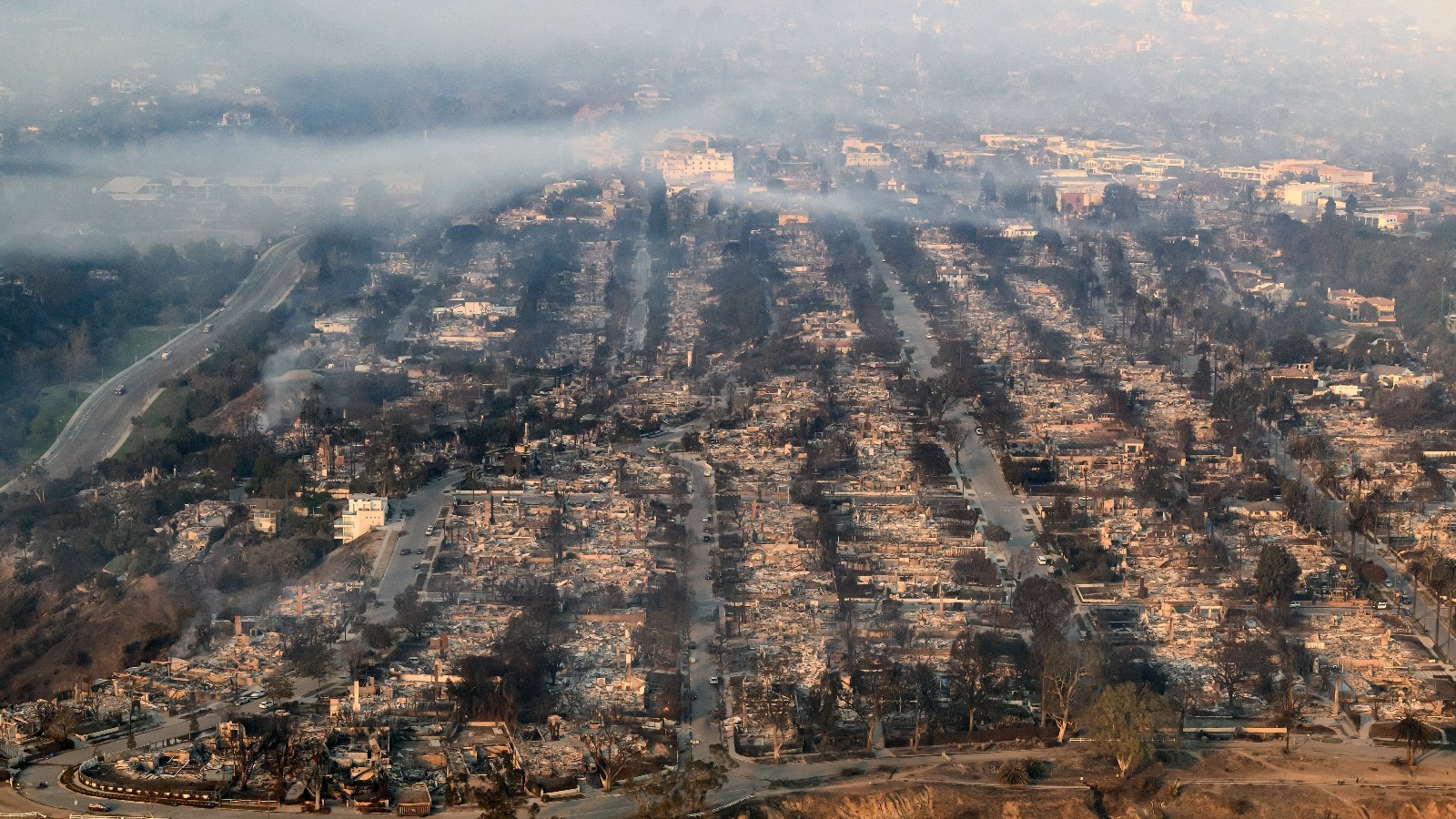This report tracks air pollution across key regions of the Amazon, revealing how fires related to agricultural activity, in particular cattle pastures and deforestation, are degrading air quality, threatening public health, and accelerating climate and biodiversity crises.
Drawing on new publicly available air quality measurements from the Brazilian Amazon and using satellite monitoring, the report finds a clear rise in particulate matter air pollution (PM2.5), particularly near zones of intensive agriculture and forest burning. Communities living closest to these agricultural fronts are breathing hazardous air during several months of the year, with particulate matter levels exceeding major global cities and WHO health guidelines. This is a problem driven by human actions; fires in the Amazon region do not naturally occur, they tend to be intentionally set and are generally illegal.
The analysis shows that what was once considered a “clean air” region is now facing fire smoke contamination that contributes to air pollution worse than that reported for major urban areas. This pollution is not only damaging human health but also, through deforestation, it weakens the forest’s ability to store carbon and regulate rainfall, compounding global climate risks.
The findings confirm that agricultural activity and expansion in the Amazon is driving an air pollution crisis alongside deforestation. Current regulatory oversight and enforcement related to illegal fires remain weak, allowing companies to externalize pollution costs onto communities and ecosystems.
The implementation of global commitments to end deforestation is urgently needed, and actors linked to illegal fires must be held accountable. This is needed not only for the protection of forests themselves, but also for the protection of human health and to safeguard Indigenous Peoples and local communities who are on the frontlines of the impacts of the fires.
With concerted action, we can ensure thriving forests and a healthy environment for future generations.This report tracks air pollution across key regions of the Amazon, revealing how fires related to agricultural activity, in particular cattle pastures and deforestation, are degrading air quality, threatening public health, and accelerating climate and biodiversity crises.
Drawing on new publicly available air quality measurements from the Brazilian Amazon and using satellite monitoring, the report finds a clear rise in particulate matter air pollution (PM2.5), particularly near zones of intensive agriculture and forest burning. Communities living closest to these agricultural fronts are breathing hazardous air during several months of the year, with particulate matter levels exceeding major global cities and WHO health guidelines. This is a problem driven by human actions; fires in the Amazon region do not naturally occur, they tend to be intentionally set and are generally illegal.
The analysis shows that what was once considered a “clean air” region is now facing fire smoke contamination that contributes to air pollution worse than that reported for major urban areas. This pollution is not only damaging human health but also, through deforestation, it weakens the forest’s ability to store carbon and regulate rainfall, compounding global climate risks.
The findings confirm that agricultural activity and expansion in the Amazon is driving an air pollution crisis alongside deforestation. Current regulatory oversight and enforcement related to illegal fires remain weak, allowing companies to externalize pollution costs onto communities and ecosystems.
The implementation of global commitments to end deforestation is urgently needed, and actors linked to illegal fires must be held accountable. This is needed not only for the protection of forests themselves, but also for the protection of human health and to safeguard Indigenous Peoples and local communities who are on the frontlines of the impacts of the fires.
With concerted action, we can ensure thriving forests and a healthy environment for future generations.
Download the Greenpeace report:
Source link
Greenpeace International www.greenpeace.org



